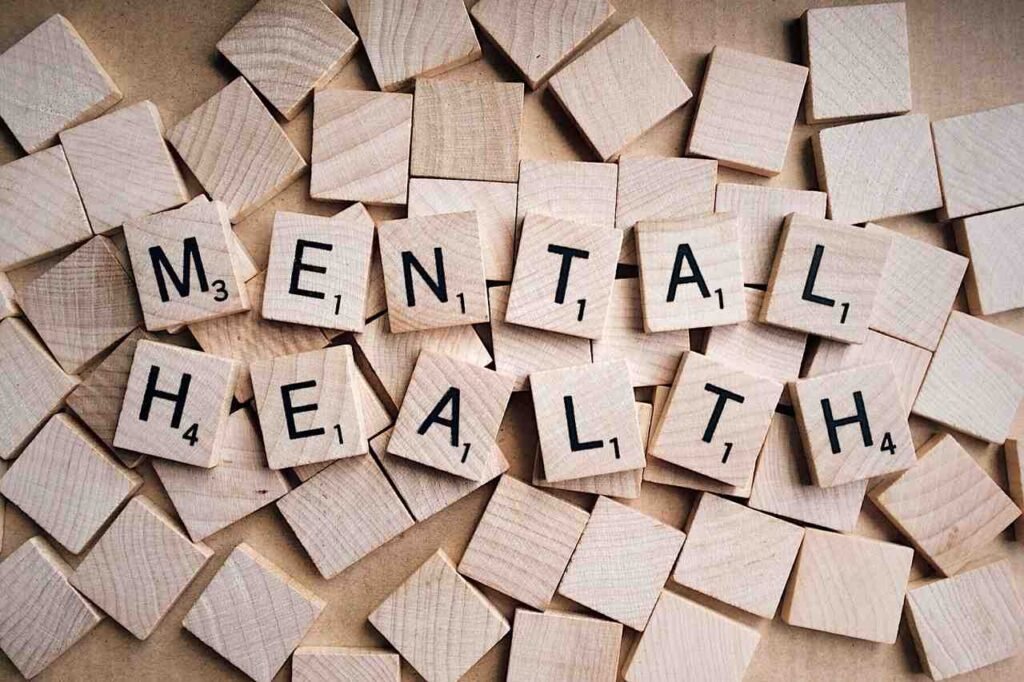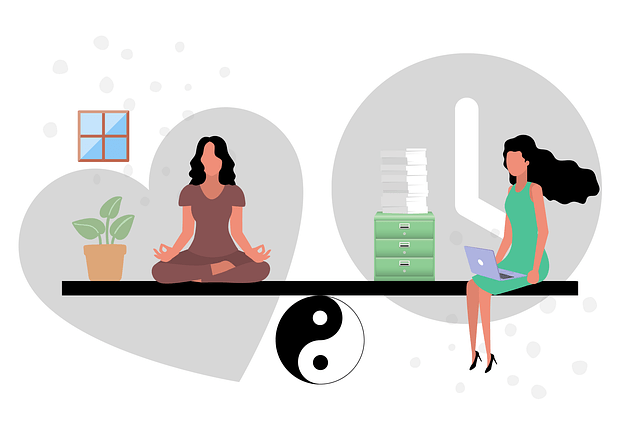
How Many of These Habits Do You Practice Daily?
To improve your mental health, you should aim to get enough sleep, maintain a balanced diet, exercise regularly, connect with others, and practice mindfulness. These five daily habits can have a significant impact on your mood and well-being. If you are really interested in improving your mental health start with small changes and work up to bigger goals over time. In this blog I will discuss in further detail why adopting these habits can be a game changer for your Mental Health.
1- The Importance of Mental Health for a Happy Life
Mental health is an important part of a happy life. It can help reduce stress, boost mood, improve self-esteem and connect you with others.
In this article, I’m going to list five simple daily habits to help boost your mental health. If you can implement one or more of these habits into your life, you will likely see a positive change in your mental health.
1. Get enough sleep.
A lack of sleep can lead to anxiety, depression and a decreased sense of well-being. Aim for 7-9 hours of sleep every night to help regulate your mood, improve concentration and reduce anxiety.
2. Eat well.
Eating a balanced diet with plenty of fruits, vegetables and whole grains can help nourish your body and brain, reducing the risk of depression and anxiety.
3. Exercise.
Physical activity releases endorphins that help reduce stress, boost mood and improve self-esteem. Aim for at least 30 minutes of exercise a day.
4. Connect with others.
Building and maintaining positive relationships with family, friends and community can provide a sense of belonging, reduce loneliness and improve self-worth.
5. Practice mindfulness.
Taking time to be present in the moment and engage in activities such as meditation or deep breathing exercises can help reduce stress and improve overall well-being.
2- Getting Enough Sleep
Getting enough sleep is essential for a healthy mind and body. When you get enough sleep, you’ll regulate your mood, improve concentration and reduce anxiety.
Why is getting enough sleep so important for maintaining good mental health? When we sleep, our brains consolidate memories, process emotions, and restore energy. Lack of sleep can lead to irritability, mood swings, difficulty concentrating, and other mental health issues.
Studies have shown that getting 7-9 hours of quality sleep each night can reduce symptoms of depression and anxiety, improve cognitive function, and increase resilience to stress.
Sleep also plays a crucial role in regulating the hormones that control appetite and mood, which can impact overall mental and physical health.
In short, getting enough sleep is a simple yet powerful way to improve your mental health and enhance your overall well-being.
3- Eating a Balanced Diet
If you want to boost your mental health, it’s important to eat a balanced diet and get enough fluids.
Research has found that consuming a diet rich in fruits, vegetables, whole grains, and lean proteins is associated with reduced symptoms of depression, anxiety, and other mental health disorders.
A healthy diet provides essential nutrients that promote the production of neurotransmitters, which regulate mood and emotions.
Additionally, consuming a balanced diet helps maintain stable blood sugar levels, reducing mood swings and improving overall mental clarity.
In conclusion, eating a healthy diet is an important way to support optimal mental health and well-being.
6- Regular Exercise
Regular exercise is one of the most important things you can do to improve your mental health.
Not only does it help you reduce stress and anxiety, it also helps you regulate your mood, improve concentration and reduce the risk of depression and anxiety.
Plus, it can release endorphins that help reduce stress, boost mood and improve self-esteem.
Aim for at least 30 minutes of exercise each day to see the most benefits. And make sure to choose a activity that you enjoy so you stick with it.
7- Connecting with Others
Connecting with others is a crucial factor in promoting good mental health. Social isolation and loneliness are linked to an increased risk of developing depression, anxiety, and other mental health disorders.
On the other hand, building and maintaining positive relationships with family, friends, and community can provide a sense of belonging, reduce stress, and improve self-worth.
Connecting with others can help individuals feel supported, valued, and less alone in their struggles. It also allows people to share experiences, provide emotional support, and receive valuable feedback.
Additionally, connecting with others helps develop coping skills and resilience, which can help navigate challenging situations in life.
All the reasons mentioned above are why connecting with others is essential for promoting good mental health, reducing stress, and improving overall well-being.
8- Practicing Mindfulness
One of the most important things you can do for your mental health is to practice mindfulness.
Mindfulness is a practice that helps you be in the moment and focus on your thoughts, feelings and experiences.
There are many different ways to practice mindfulness, and you can find many resources online.
Some of the simple things you can do to practice mindfulness every day include:
Taking time to focus on your breath
Observing your surroundings
Engaging in activities that are calming and peaceful
Practicing meditation
All of these simple practices can help improve your mental health and wellbeing.
Conclusion
Incorporating these five simple daily habits can make a significant positive impact on your mental health. By getting enough sleep, maintaining a balanced diet, exercising regularly, connecting with others, and practicing mindfulness, you can reduce stress, improve mood, and enhance overall well-being. So why not take the first step and start implementing these habits into your daily routine today? Start with small changes and gradually work your way up to a healthier mind and body. Make a commitment to yourself to prioritize your mental health. Practice these five daily habits and see how much better you feel.








